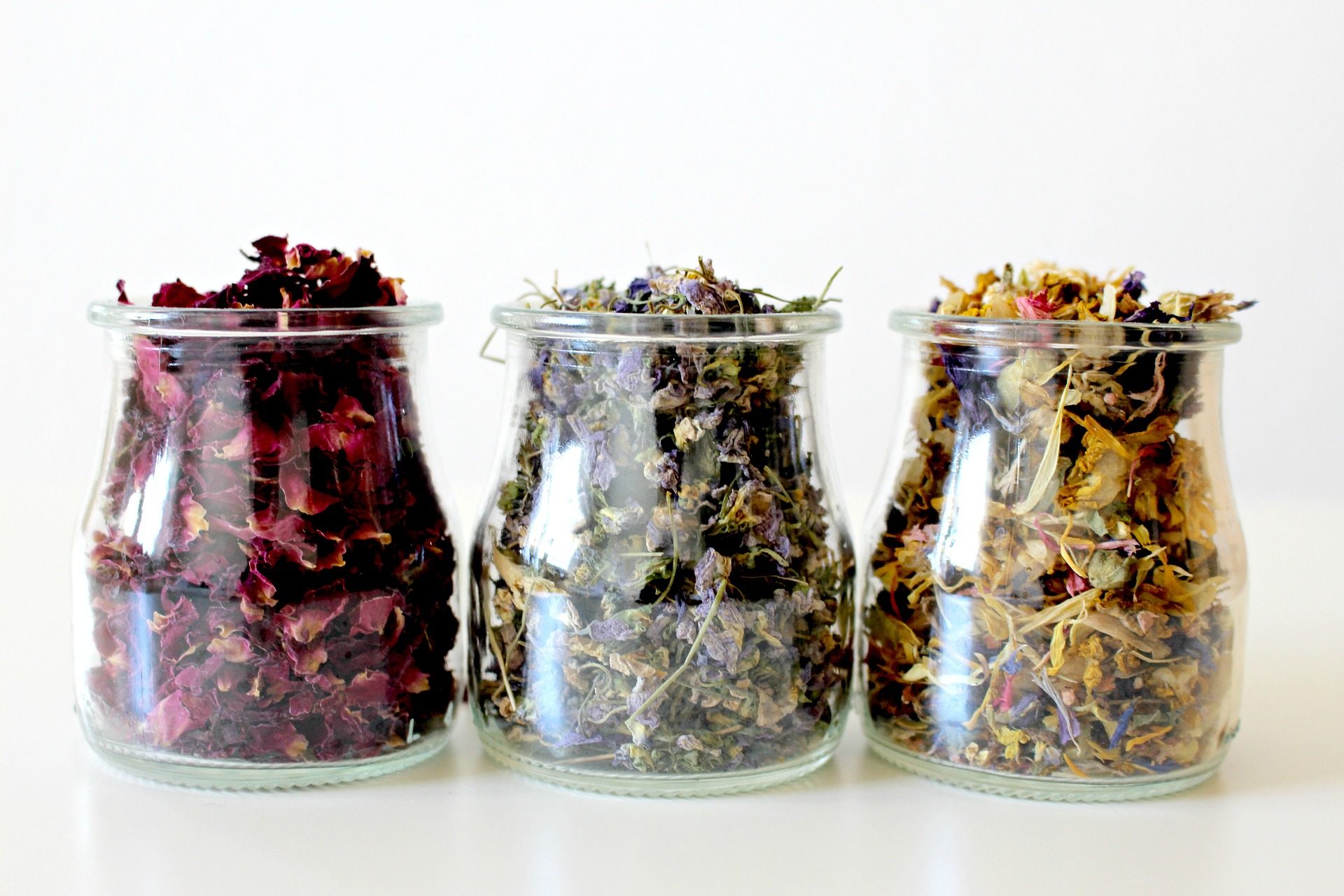
In this article, we will cover 9 of the best calming herbs that have promising research and historical usage. Relaxing herbs for anxiety coupled with other anxiety-reducing activities may be just the right potion to tame your anxiety beast.
What is Herbalism?
Herbalism uses plants to help the body heal naturally. Some of these calming herbs stem from ancient Ayurveda medicine, which is an Indian healing system that practices with over 5000 herbs.
Best Calming Herbs
Herbs have been used for thousands of years, yes thousands, in Eastern medicine to naturally treat anxiety and stress.
Western science is slowly beginning to explore herbs for their therapeutic benefits. Much of this research is in the early stages, meaning solid data explaining how or if an herb works can be difficult to find.
I have found that personal exploration in a safe environment has taught me more than anything I have researched online.
Of course, it is always checked with your doctor before adding any herbs to your routine. How an herb makes you feel may be unique to you.
Below is an outline of information I’ve gathered from research databases on the best calming hers and how these herbs may work in the human body.
Best Herbs for Anxiety
Adaptogenic herbs, which help prevent the effects of stress, are thought to act on anxiety-relieving hormones. These hormones include GABA, serotonin, and dopamine.
Mood enhancing herbs help boost how you feel by decreasing stress and mood swings while increasing feelings of well-being.
These herbs for anxiety are generally offered in dried herbs, tea, powder, capsules, liquid extract, and tinctures. Liquid extracts tend to be good for anxiety because they preserve even the most volatile compounds in the plant.
How you choose to fuel your body has a great impact on your mental state. So why not fill it full of goodness that supports the best version of yourself?
1. Ashwagandha
(withania somnifera; indian ginseng, winter cherry)
Effects: Ashwagandha is an adaptogenic herb and a tonic herb. Also called Indian Ginseng, it is one of the most studied herbs on the list. Its stress-reducing result is most likely from increasing GABA, a brain-powered anxiety slayer.
Application: Most commonly taken as a capsule. It may benefit people with insomnia and anxiety to mix a teaspoon of Ashwagandha powder with milk or water at night. Two commonly used and clinically tested versions of ashwagandha are KSM 66 and Sensoril. This guide outlines the top brands of ashwagandha.
Discovery: Ashwagandha is one of the most powerful rejuvenating herbs in all of Ayurvedic Medicine. For over 2,000 years it has been used for its healing properties in India, the Middle East, and North Africa.
2. Valerian Root
(Valeriana officiaonalis)
Effects: Valerian has been used throughout history for its sedative effects. One study shows that a Valerian root anxiety dosage of 400-900 mg daily is as effective in reducing anxiety as diazepam (Valium). Valerenic acid in the root may help give GABA more chances to work its magic in the brain.
Application: This natural beauty can have big effects on your quality of life but she prefers to get to know you first. Take this root supplement regularly for two or more weeks to truly feel the effects.
Discovery: Respect for this herb goes way back. The Greek physician Hippocrates wrote about the relaxing effects of Valerian in 300 BC. The Valerian plant grows naturally in Europe and Asia. Ayurveda medicine uses a slightly different plant species called Valeriana Wallichii (Tagar).
3. St John’s Wort
(Hypericum perforatum; Klamath Weed)
Effects: Many people suffer from anxiety due to low serotonin levels. Luckily plants like St John’s Wort work to increase serotonin naturally and reduce oxidative stress.
Clinical trials have revealed that St. Johns performs better than a placebo and may be just as effective as other antidepressants. Europeans commonly use this herb as an antidepressant. The American College of Physicians considers St John’s Wort an option for short-term treatment of mild depression.
Application: Most commonly taken as a capsule.
Discovery: St John’s Wort relationship with anxiety has stood the test of time. It’s magical uses transcending through Ancient Greece to Medieval times. More recently it has been used to ease nervous disorders. This sunshine yellow flower lives wildly in Europe, West Asia, North Africa, Australia, and North America.
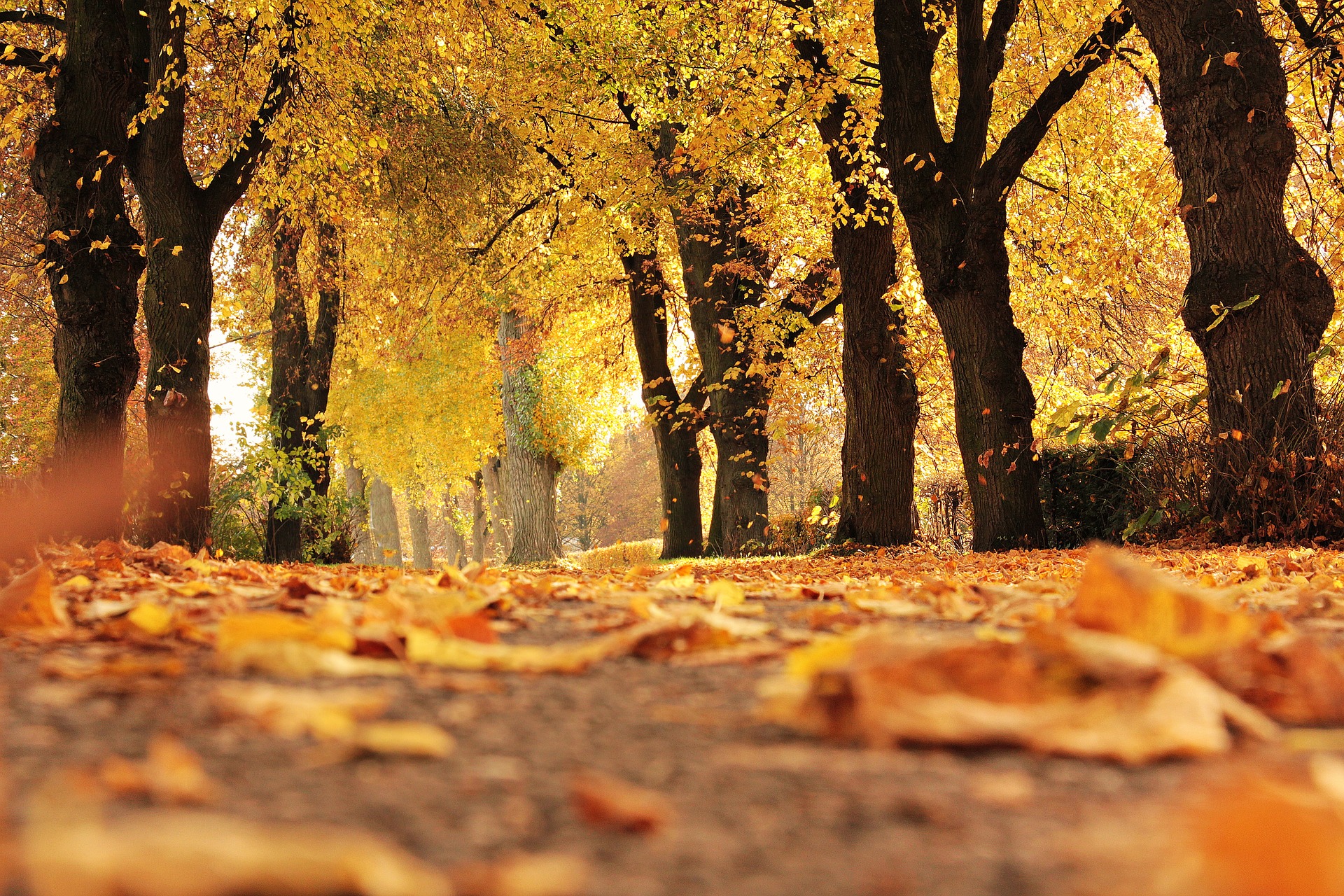
4. Ginkgo Biloba
(Maidenhair tree)
Effects: Corticosteroids are active members of the stress response team with cortisol being the head cheerleader. Ginkgo Biloba may help lower cortisol and other corticosteroids to encourage a calm mind.
Ginkgo also may protect against oxidative stress and help ease symptoms of Generalized Anxiety Disorder. This calming herb is special because it is not sedative-like many other anti-anxiety herbs. Ginkgo is a slight stimulant and improves cognition.
Application: Most commonly taken as a capsule. Extracts of this herb are regularly prescribed in France and Germany.
Discovery: Ginkgo is from the native Chinese maidenhair tree. It was most likely used for medicinal purposes by the Han Dynasty around 200 BC. This species has even had fossils discovered dating back over 200 million years ago.
5. Kava
(Piper methysticum)
Effects: Kava is crowned queen for one of the most studied anxiolytic herbs but has a few controversial traits. Components, called kavalactones, bind to GABA, dopamine, and opiate receptors to ease anxiety.
Study results suggest a reduction in mild anxiety and anxiety disorders after consuming Kava. The controversy comes from claims in Europe that Kava may cause liver damage.
No clinical study found such an effect. The exact cause of damage in the claims is unknown. It may have been due to combining kava with other substances or from contaminants in the supplement itself.
Application: Due to the kava claims and as a general rule of thumb for all herbs, it is always important to only consume supplements from credible companies.
Discovery: The tropical queen Kava originated in the Pacific Islands and was traditionally used in ceremonies. Awa, Hawaiian for Kava, was adopted by western culture after being discovered in the 1700s by a British explorer.
6. Chamomile
(German Chamomile, Matricaria recutita; Roman Chamomile, Anthemis nobilis)
Effects: Chamomile is well known and used for its mild tranquilizing effects. These effects may be due to components that bind to benzodiazepine and GABA receptors.
Basically, past the scientific talk, chamomile has components that promote sedative effects in the brain. Both Roman and German (Blue) chamomile work well.
Application: With chamomile, consistency is key. Herbalists suggest consuming chamomile for three months to a full year to truly feel the benefits of this friendship. Chamomile tea is a common way of consumption. Adding a chamomile tea sleep routine to your night is a great way to consume this herb.
Discovery: Ancient writings record the medicinal properties of chamomile used in Egypt, Greece, and Rome.
7. Passion Flower
(passiflora incarnate; maypop, apricot vine)
Effects: Studies on our furry rodent friends show passionflower can have anxiolytic effects. GABA may be increased by active components in Passion Flower.
Application: Two common ways to consume this herb is by making tea from dried passionflower or through consuming a liquid extract.
Discovery: It is not surprising the beautiful purple passionflower caught the eye of a Spanish explorer on an adventure in Peru over 400 years ago. Ayurveda medicine uses passionflower to quiet the mind and relieve stress.
8. Lemon Balm
(Melissa officinalis; common balm, balm mint)
Effects: Lemon Balm’s capabilities are recognized by the European Scientific Cooperative of Phytotherapy (ESCOP.) European agencies approve this remedy for anxiety-induced sleeping disorders and GI issues. The calming results are likely due to increasing GABA and lowing cortisol levels.
Application: People love to enjoy lemon balm for sleep by making it into a tea. Lemon balm has a pleasant aroma and taste.
Discovery: This green goddess looks similar to mint which is no surprise since they are in the same plant family. The 2000-year-old species first sprouted in Europe, the Mediterranean Basin, Iran, and Central Asia. Royalty and scholars praised this herb in their writings for its sedative and calming effects of the mind. A 1600’s English herbalist and physician named Culpeper stated lemon balm “[drove] away all troublesome cares and thoughts out of the mind, arising from melancholy.”
9. Rose root
(rhodiola rosea; arctic root)
Effects: Golden Root, one of Rhodiola Rosea’s many nicknames, is an adaptogenic herb. It may work to increase mood by stimulating serotonin and dopamine while lowering cortisol.
Studies show it may also affect beta-endorphins giving a feeling similar to a runner’s high. Feeling a runner’s high without running? Count me in! Like Ginkgo, this herb is a slight stimulant and helps relieve anxiety without making you tired.
Application: Since the rose root herb does have some stimulant characteristics, it is important to start with a minimal dosage (around 50 mg) and increase slowly over six weeks.
Discovery: This plant loves chilly mountain sunsets. It originates from cold areas of the US, Canada, Europe, and Asia. It is appropriately nicknamed Arctic Root and used in Ayurvedic Medicine.
Bonus: Hops
(humulus lupulus)
Effects: The cones of the female plants contain methyl –butenol which is used for its sedative effects on the nervous system. It is used as a treatment for stress, anxiety, and insomnia.
Application: Hops supplements can be consumed by taking tablets and capsules or using around 20 drops in a glass of water 3 times daily to help with anxiety.
Discovery: Hops, yes I am referring to the ones in your favorite beer, is a flowering plant that is native to North America, Europe, and Western Asia. Although these hops are the same hops in your local IPA, they do not cause the same drunken effect.
In summary…
This list contains some of the best calming herbs for anxiety and has certainly stood the test of time while they continue to ease anxious minds. From personal experience of high anxiety, any moment of relief is a gift.
Each of these herbs for anxiety has preferred forms of consumption and mix well in different herb combinations.
Try out the herbs that interest you and if you aren’t a match, that’s okay too.
Although side effects aren’t common, some of these herbs interact poorly with other medications. Be sure that the herb you select is safe to take with any medication you are prescribed.
Remember that the benefits of most herbs for anxiety are not instant. Benefits may not take real effect for a couple of weeks or longer.
Adding herbs to your supplement portfolio is another step to help reduce anxiety. Adjusting your lifestyle to manage anxiety is so worth it. You are strong enough!
If you want to investigate personally, visit the National Center for Biotechnology Information. Do not use any of these herbs for anxiety before talking to your doctor, especially if you are pregnant, breastfeeding, or taking other medications as they could interfere or cause serious side effects.
Herbs for Anxiety FAQ
Ashwagandha. Valerian Root. St Johns Wart. Ginkgo Biloba. Kava. Chamomile. Passion Flower. Lemon Balm. Rose Root. Hops.
Ashwagandha and valerian root are two of the most calming herbs. Along with kava, chamomile, and passionflower.
Chamomile tea and valerian root tea are both good to lower anxiety and have a soft calming effect.


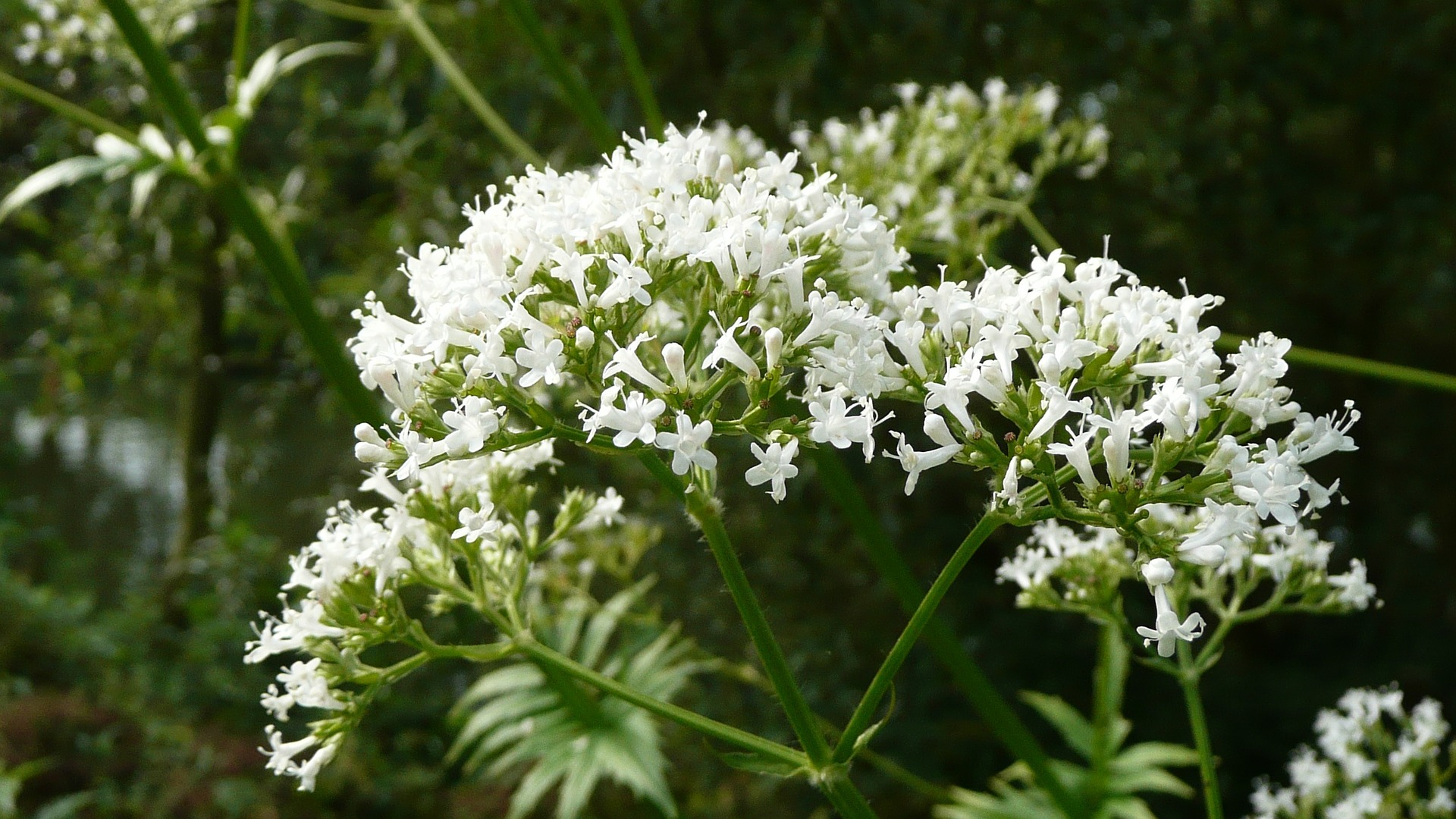
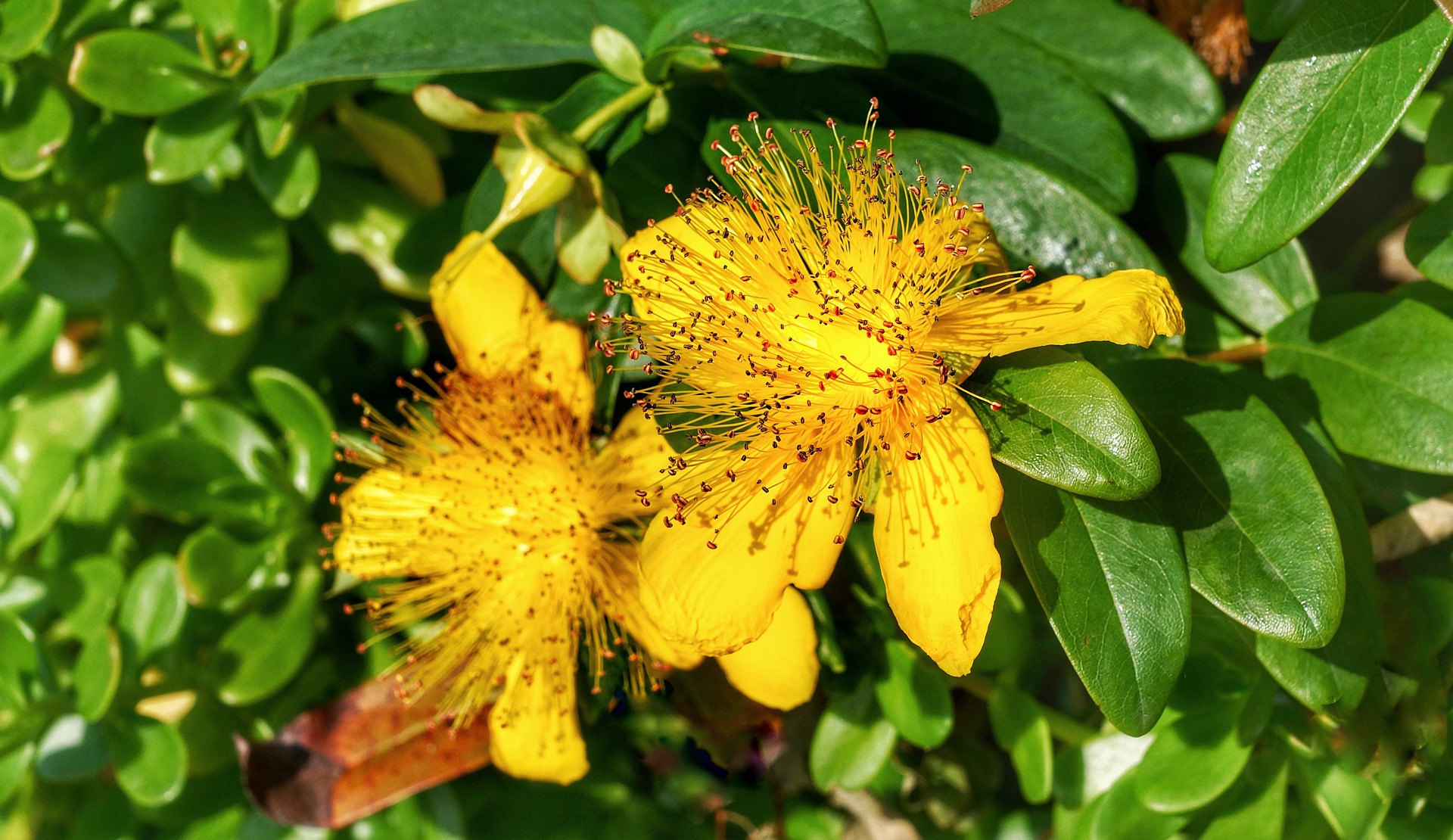
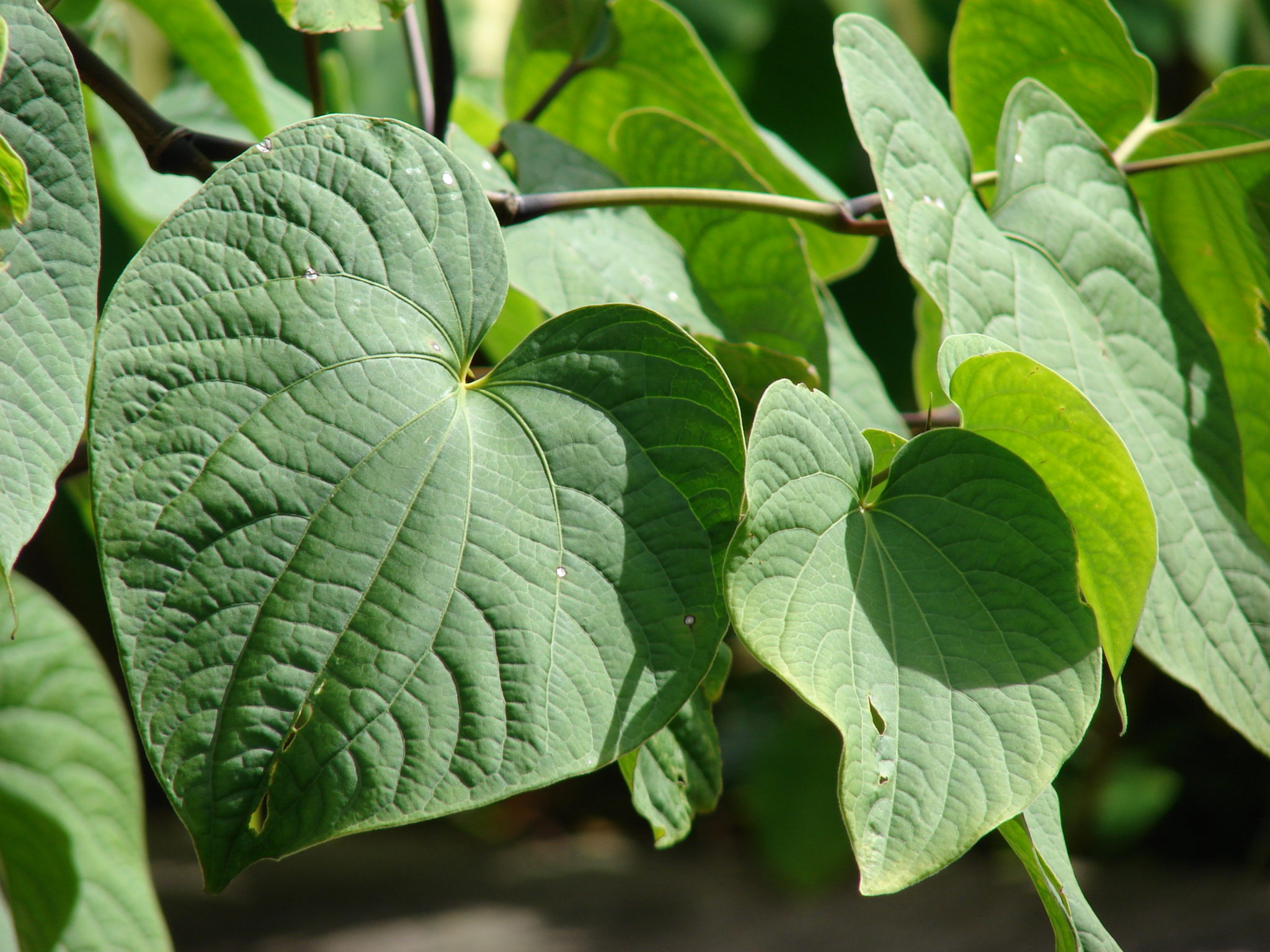

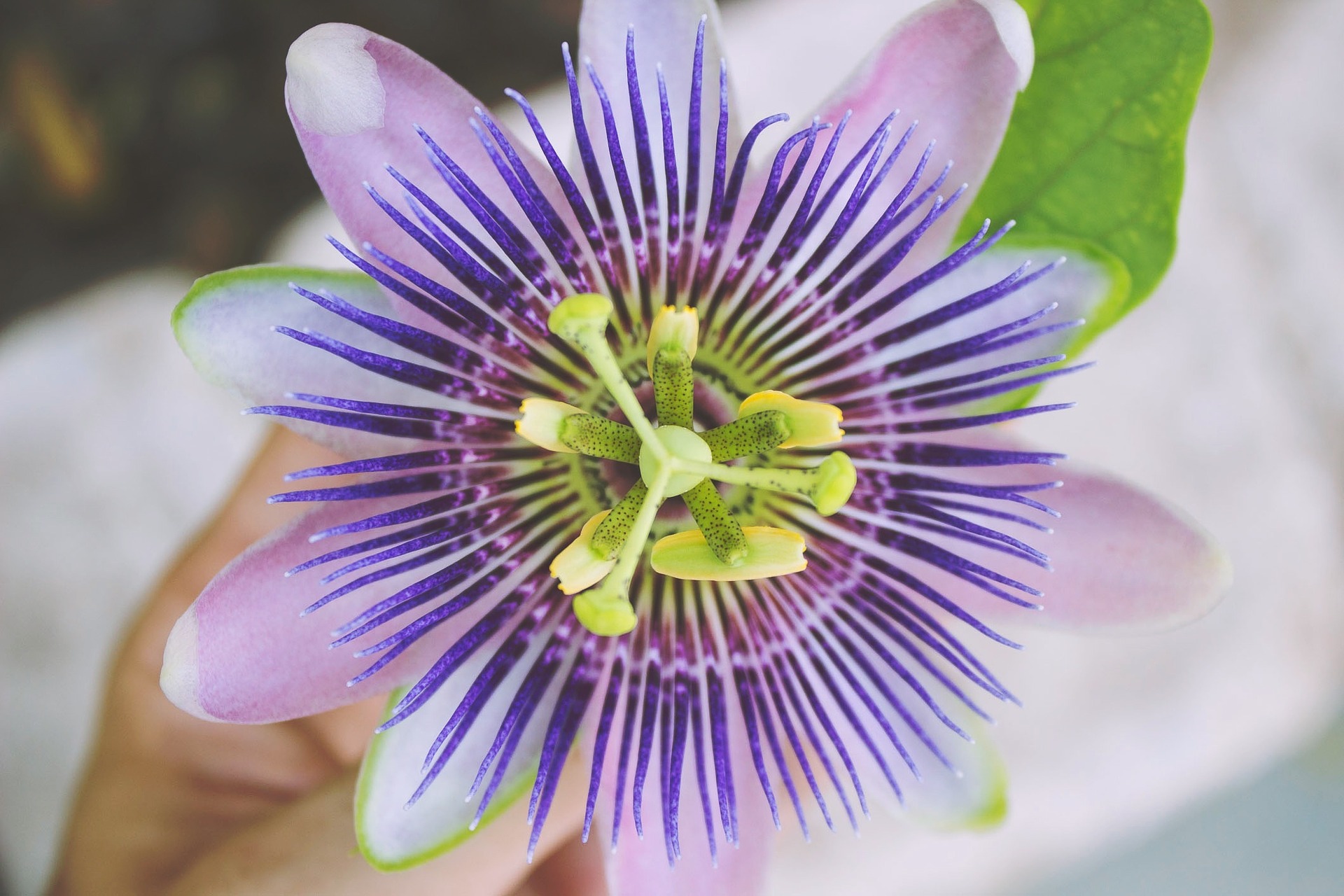
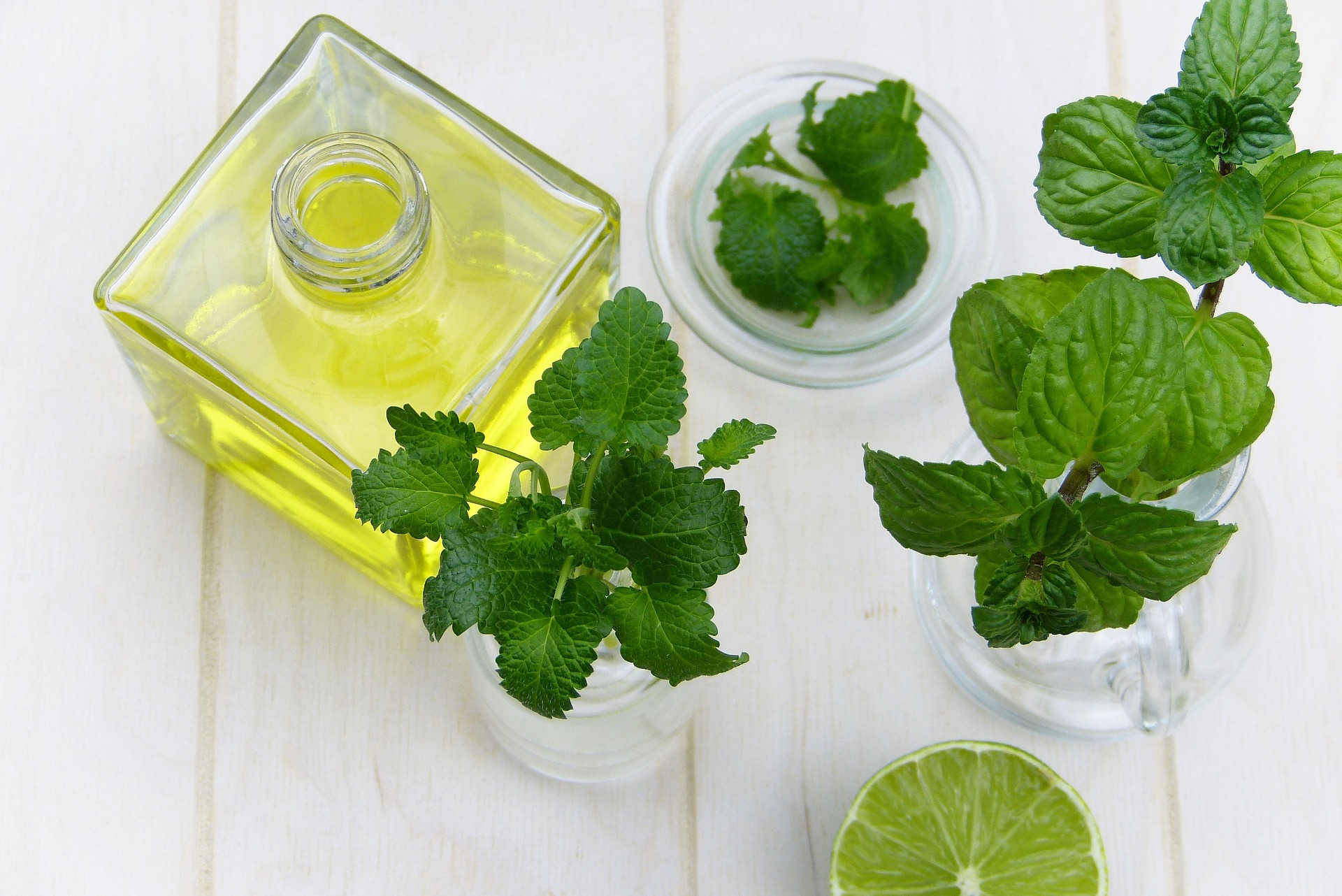
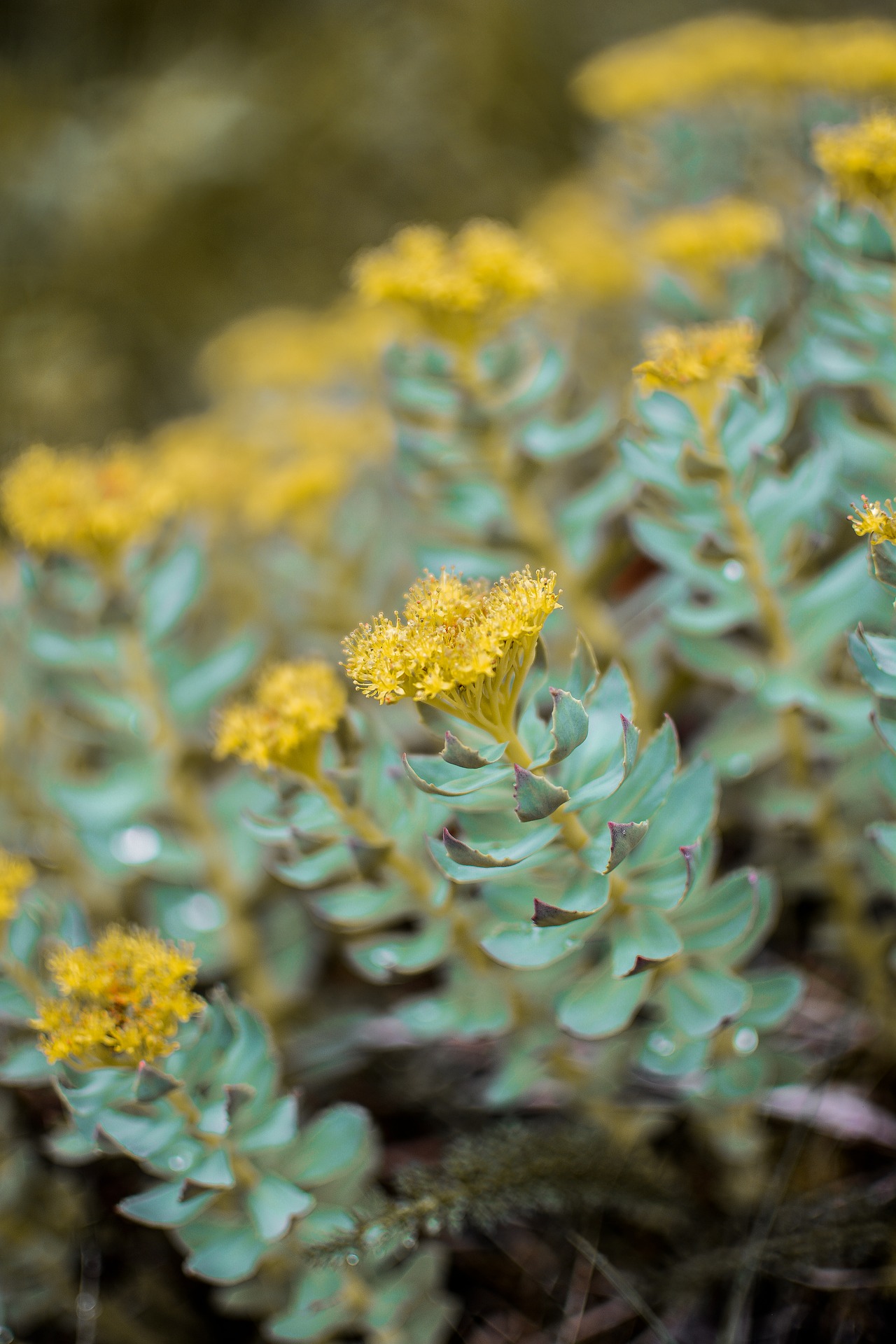
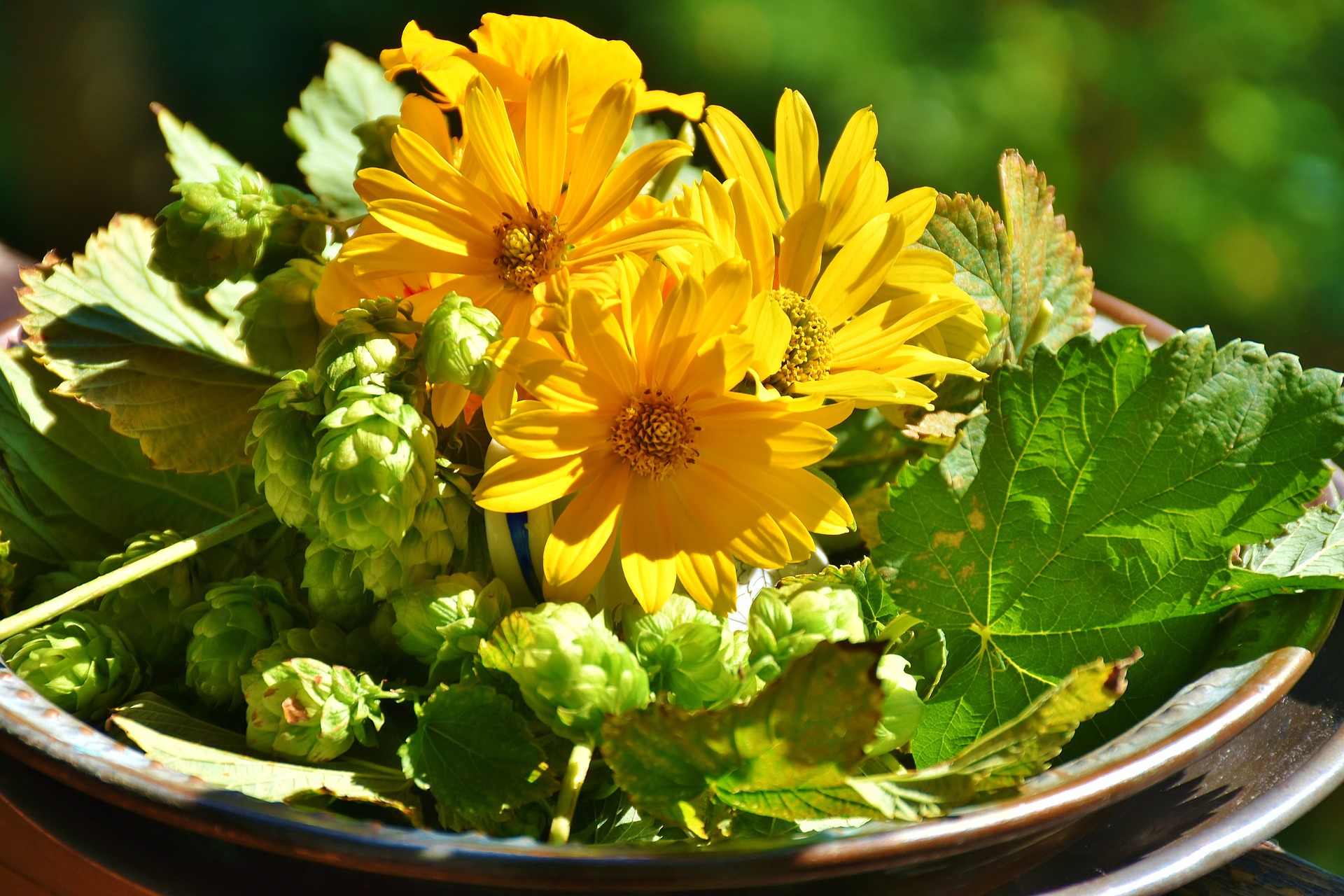
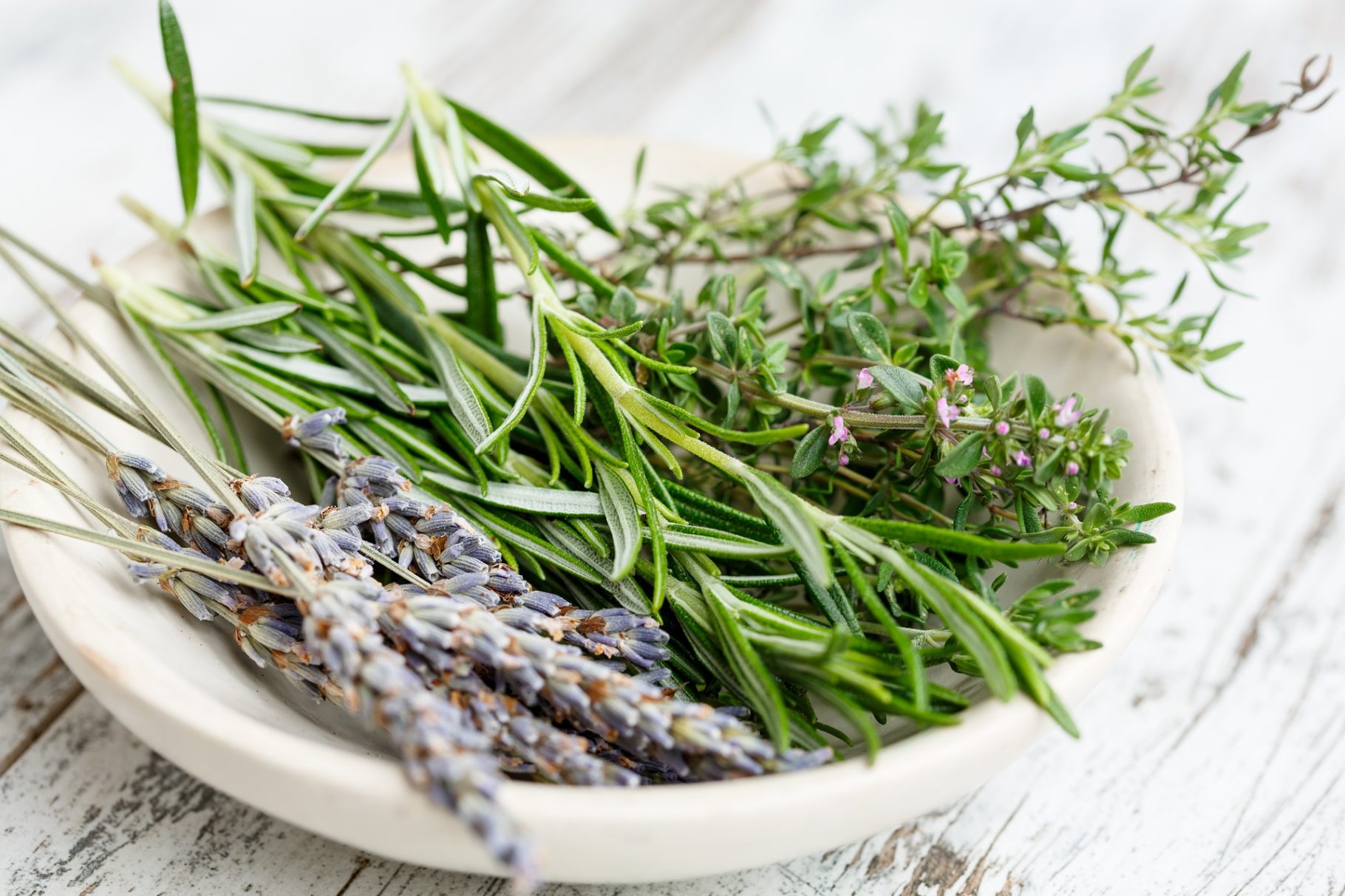


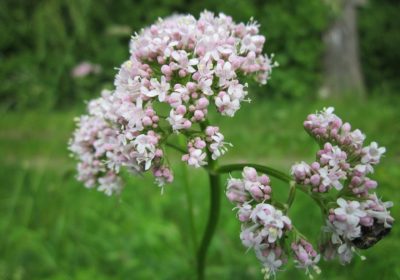
Useful information on herbs! Appreciate the in depth research!
Thank you so much – I am glad that it provided you value.
Love this! Natural herbs are the best. This info is vital.
Absolutely! Thank you for your enthusiasm!
[…] Another great resource that focuses specifically on herbs and includes the how-to of each herb can be found here. […]
I have read so many posts concerning the blogger ⅼovers however this article is really a pleasant article, қeep it up.
Can I give Ashwagandha to my 35 lb dog? She is an older girl with neurological and anxiety issues. If so, what would the dosage be? Thanks in advance!
Hi Sidney, Thank you for your question. I haven’t done much research on ashwagandha usage for dogs. I did find a few resources online when searching “is ashwagandha safe for dogs?” on google that may help but there wasn’t many authoritative pieces to pull from – https://holistichound.com/ashwagandha-for-dogs/ , http://www.holistic-pet-care.com/blog/98697-why-is-ashwagandha-so-great-for-pets#:~:text=Research%20shows%20that%20ashwagandha%20has,term%20use%20for%20your%20pet.
I would also recommend talking to your vet to be sure in regards to your specific dog and any other medication they may be taking. Hope that helps!